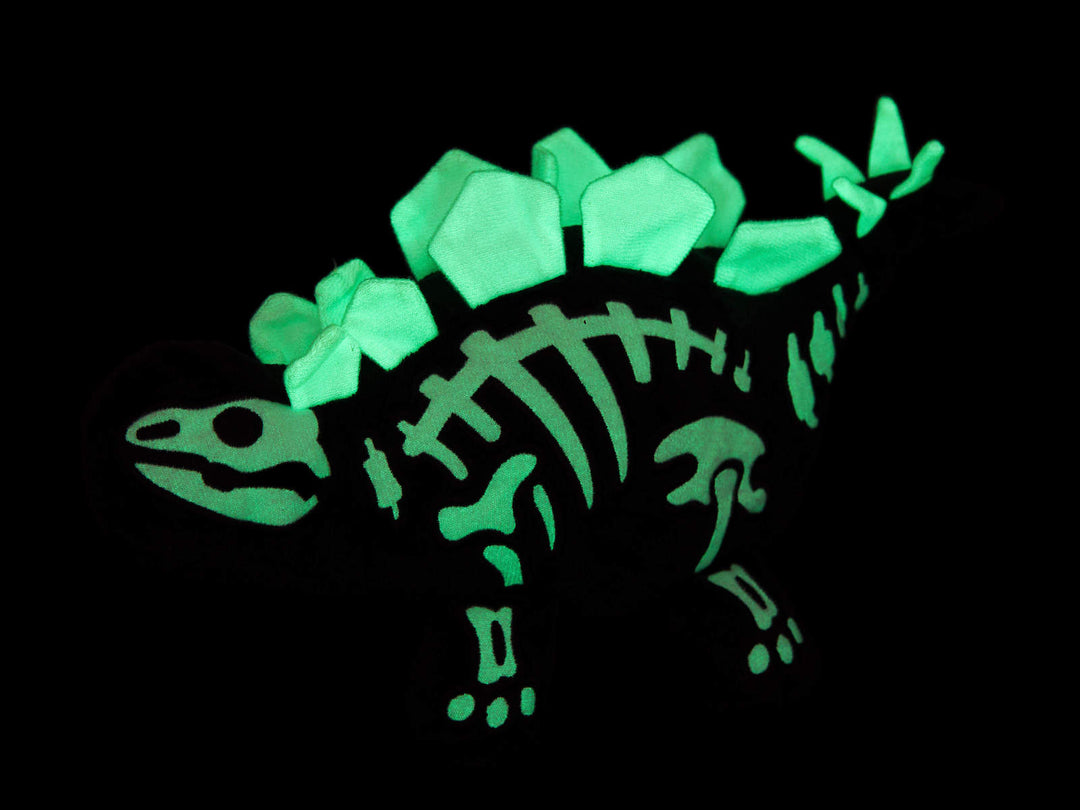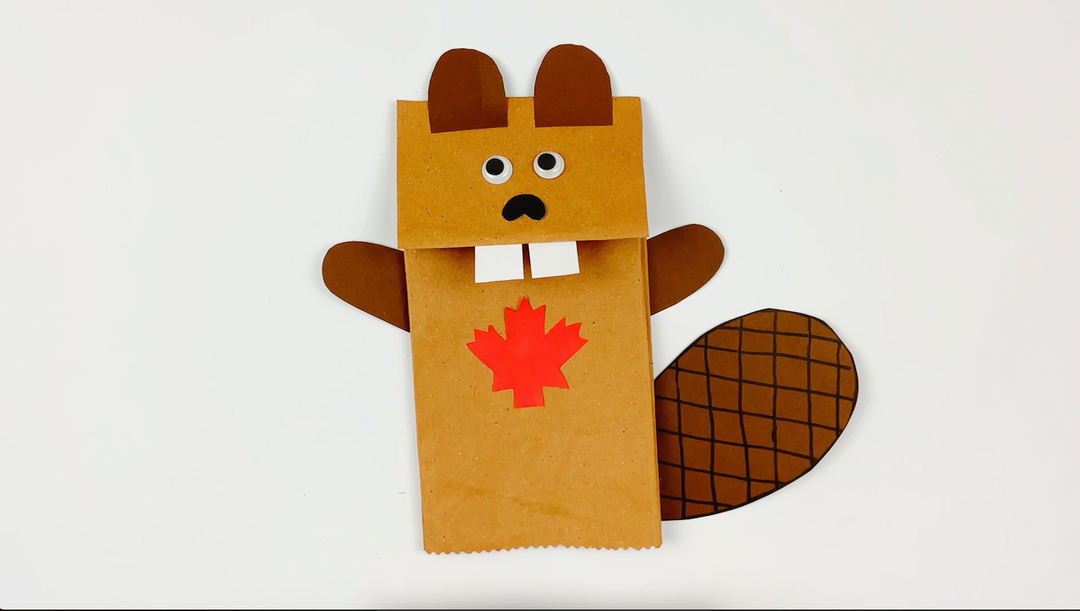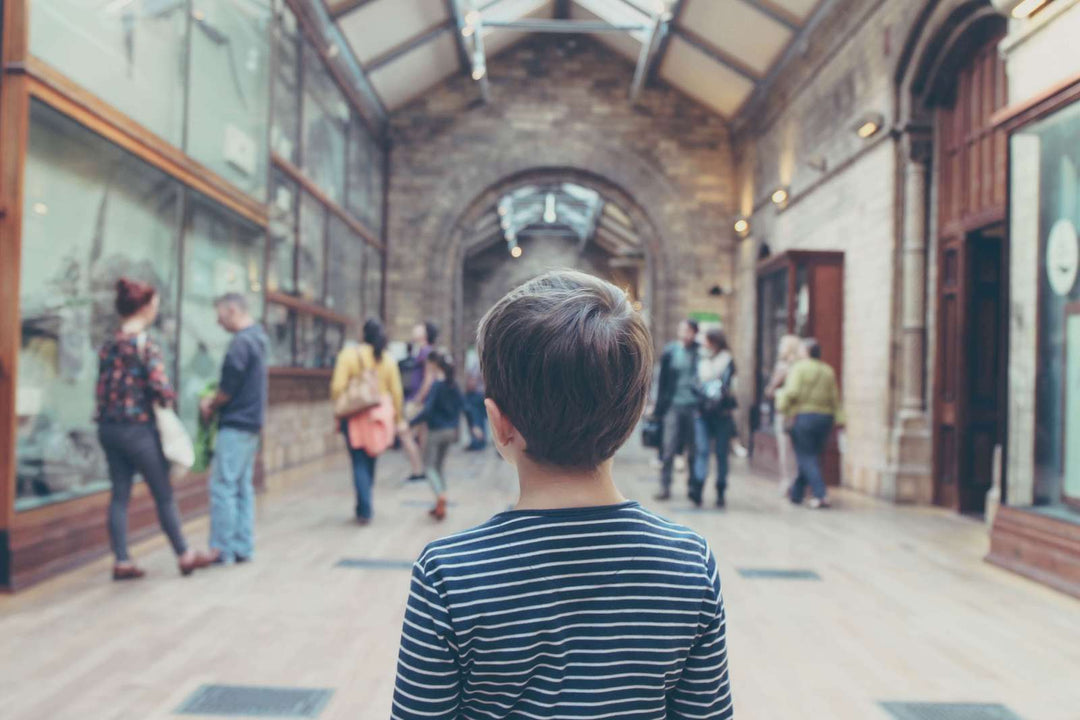From America to Asia, people celebrate holidays with their own traditions and festivities. Holidays are an essential part of education as they introduce diverse cultures and encourage global perspectives. Here is a quick trip around the world to some of the unique holidays celebrated near and far and throughout the year.
Hanukkah

- Hanukkah is an eight-day Jewish holiday that happens every November or December. During these eight days, Jewish people light a special candleholder called a menorah to represent a miracle when of light when a candle only meant to burn for one day lasted for eight. Each night a new candle is lit. Did you know that Hanukkah is also known as the Festival of Lights? It commemorates the rededication of the Temple in Jerusalem in the Second Century B.C. In Hebrew, Hanukkah comes from the word 'dedication.'
St Lucia Day

Photo provided by lifeinnorway
- Saint Lucia's Day, also known as the Feast of Saint Lucy, is celebrated on December 13 every year in Sweden, Norway, and Swedish-speaking areas of Finland. People in Scandinavian countries celebrate by electing their own 'St. Lucia,' a Christian saint who, according to legend, wore a candle on her head so that she could have two hands free to bring food to people hiding from the Romans. The festival kicks off the Christmas season and begins with a procession led by the St Lucia designee, who is also followed by young girls dressed in white with lighted wreaths on their heads and boys dressed in white pajama-like costume singing traditional songs. Families celebrate by having their daughters (usually the oldest) dress in white and serve coffee and baked goods to other family members.
Christmas

- Everyone knows the standard Christmas traditions: lighting a Christmas tree, opening presents, hanging stockings by the fireplace (or on the wall!). But, did you know that different countries have their own unique Christmas traditions? In the Philippines, there's a lantern festival to represent the Star of Bethlehem. In Iceland, children's are visited by 13 mischievous 'Yule Lads' who give gifts to good kids and potatoes to bad ones! And in South Africa, the Christmas feast isn't a ham or turkey, it's mouth-watering barbecue!
Kwanzaa

- Kwanzaa was created by Maulana Karenga, a professor and chairman of Africana Studies at California State University in 1966. He created this holiday in response to the Watts Riots in LA in 1965. It was a way to bring African-Americans together as a community. During the week of Kwanzaa, seven principles are discussed during the week that represent values to help build and reinforce community:
- Umoja (unity)
- Kujichagulia (self-determination)
- Ujima (collective work and responsibility)
- Ujamaa (cooperative economics)
- Nia (purpose)
- Kuumba (creativity)
- Imani (faith)
- Seven candles are also lit: black candles represents the people themselves, three red candles are for struggles in the past, and three green represent the Earth or the possibilities that the future holds.
New Year

- New Year's wasn't always celebrated on January 1. The early Roman calendar designated March 1 as the new year. The earliest record of a New Year festival dates from 3000 BCE in Mesopotamia, when the new year began with a new moon after the spring equinox. In 1582, the Gregorian calendar was adopted by the Roman Catholic Church and established January 1 as New Years Day.
Lunar New Year

- Also known as the Chinese New Year or Spring Festival, this festival celebrates the beginning of the new year on the traditional lunisolar Chinese calendar. The 15-day celebration kicks off on New Year's Eve with a family feast called a reunion dinner and ends with a Lantern Festival. Spring Festival is a 7-day vacation in China from February 11-17. Lunar New Year includes traditions such as the Dragon Dance and the distribution of red envelopes filled with money.
Holi

- Holi is a national holiday celebrated in India and Nepal with regional holidays in other countries. It makes the start of spring and is known as 'The Festival of Love' to celebrate fertility and love. The festival begins on the eve of Holi with large bonfires that are built with effigies of Holika, a demon conquered in the fight of good against evil. In North and West India, Holi is celebrated with color fights in the streets where people are covered in vibrant paints and powders, dance, sing and play music.
Songkran

- Songkran is a three-day holiday, from April 13-15, celebrated in Thailand as the Thai New Year. On the first day of the festival, people clean their homes, businesses, schools, temples, etc. to get rid of any bad luck from the previous year. The second day is referred to as Wan Nao, when people prepare food and offerings to give to monks. The third day is called Wan Paywan, when people start their day visiting their local temple to present food and offerings to the monks. The festival includes water throwing (giant water fights!), ritual bathing of Buddha images, and performances. Did you know it is the biggest and most important annual festival in Thailand?
Easter

- The Christian holiday of Easter is the celebration of the resurrection of Jesus Christ. Easter begins with Lent, a 40 day period of fasting, prayer, and sacrifice - and ends with Holy Thursday, Good Friday, and, finally, Easter Sunday. Did you know that the Easter Bunny originated in Germany as the Easter Hare? Much like Santa Claus, the Easter Hare would make a list of good or bad children and give them gifts accordingly.
Passover

- Passover commemorates the Biblical story of Exodus, where God freed the Israelites from slavery in Egypt. The holiday is celebrated for eight days (seven in Israel) and includes themes of springtime, a Jewish homeland, family, remembrance of Jewish history, and social injustice and freedom. Since the Gregorian calendar does not match with the Hebrew calendar, the date of Passover changes every year.
Ramadan and Eid al-Fitr

- Ramadan stands for the ninth month on the Islamic calendar and celebrates a month of sacrifice and prayer. During the month there is strict fasting from sunrise to sunset. Ramadan is one of the holiest Islamic months; it is also regarded as one of the Five Pillars of Islam. The holiday of Eid al-Fitr takes place at the end of Ramadan. Depending on the place and practice, many Muslims will give to charities before celebrating the end of fasting with sweet treats and foods.
Rosh Hashanah and Yom Kippur

- Rosh Hashanah is also known as the Jewish New Year. Rosh Hashanah commemorates the creation of the world and marks the beginning of the Days of Awe, which is a 10 day period of observation that concludes with Yom Kippur. The dates of the holidays change every year. Some of the symbolic foods in the celebration are apples and honey. Yom Kippur is also known as the Day of Atonement and is the holiest day of the Jewish year.
Day of the Dead

- Dia de Muertos is a two-day holiday that honors relatives who have passed away in Mexico. On this holiday, the dead are said to return to visit the living. Ofrendas or colorful shrines are placed in homes and public spaces to welcome the deceased with their favorite foods, photographs, or other objects. Families also visit the graveyard and have large celebrations.






Leave a comment